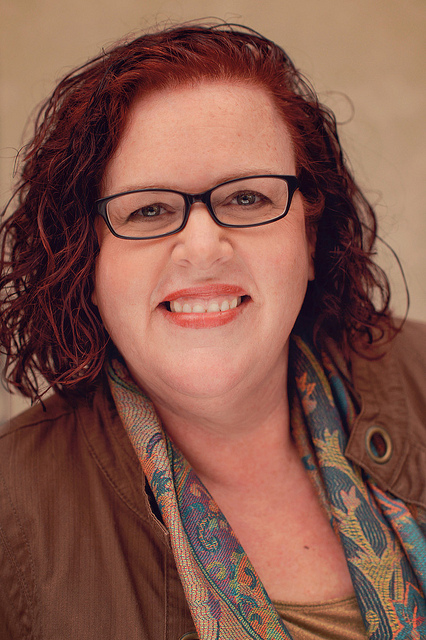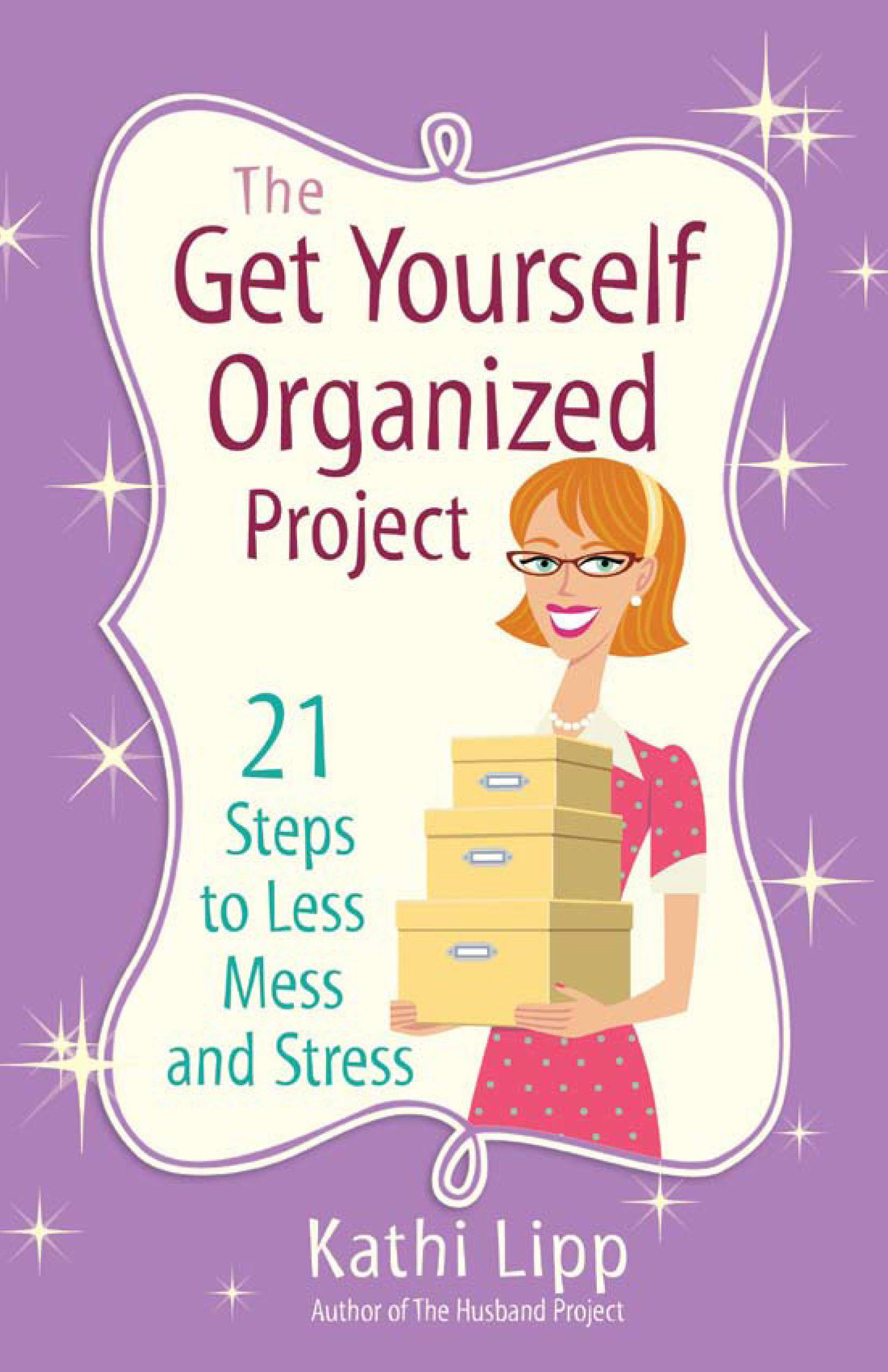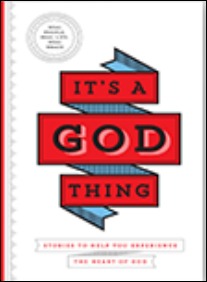The Things Challenge
When I saw a motivating article by Kathi Lipp about about cutting back on clutter in 2014, I knew I had to have her share an Upgrade Your Organization post.
“I feel like I’m drowning in stuff!”
Oh yeah … I’ve been there. And I know a lot of women who are going down for the third time, overtaken by their affluence—all their "stuff." But we can all simplify, pare down, make wiser purchases, get our things in order and, in the process, glorify God. It’s part of the “whatever” found in Colossians 3:17.
by their affluence—all their "stuff." But we can all simplify, pare down, make wiser purchases, get our things in order and, in the process, glorify God. It’s part of the “whatever” found in Colossians 3:17.
Kathi has some good advice to help us know what to keep and what to eliminate.
She continues …
"Drowning in stuff." This is a sentiment I hear over and over again when I talk to women about their homes. And there has been a lot of talking going on in my corner of the web since we launched the 2014 Things Challenge where we ask readers to get rid of 2014 things in 2014.
The challenge part? Not having too much stuff—it’s deciding what’s worth keeping and what’s worth living without.
“Clutter is postponed decision making,” says Barbara Hemphill of The Paper Tiger Institute.
Many people want to hang on to items that they no longer need or love, but never deal with the reasoning behind their choices.
If you fall into this large category, it might be because you have memories attached to that item or you think you might use it in the future.
When you are unsure of what to do, it feels easier to keep everything and avoid making a difficult decision that might save space or mental energy. You can end up with a whole room full of “Things I Might Need to Save.”
Want to avoid being continually buried in a pile of “But I might need it some day!”? Here are four tips to guide you in the decision making process:
1. If you love it and use it, KEEP IT.
This one is easy. If you have sweet memories that you enjoy thinking about when you use the object and you actually use it, this is an item that you will want to save.
That pasta maker that you have used once since you got married? (And even then, you got mad the whole time because the noodles turned into mush?) You get rid of it, which brings us to the second tip:
2. If you don’t love it and don’t use it, TRASH IT.
Although this seems to be the easiest category to deal with, it is sometimes that hardest. Let’s talk about the potholder your aunt gave you. You never use it, and you don’t want to, but you feel guilty giving it away? Ask yourself if it makes your space a happier place to be. If not, you can just let it go.
3. If you don’t love it, but use it, WAIT.
Ask yourself, why you are still using it? Is it something that you are just using until you get something that you like better? Maybe the one you would like is one that is too expensive right now. Have a goal in mind to replace it, and when you do, give this one away!
4. If you don’t use it, but love it, GRAB A FRIEND TO HELP.
It helps to have someone to process why you love something and if it is something that you will really love down the line. Memories can be strong reasons to save things, but if you do not even have the space to display them properly, you are not honoring the memories because the items get smashed, trashed and put aside.
These tips will help to get rid of your things you do not want, but save the ones that really make you happy.
What are some creative ways you use to display things you love?
 Kathi Lipp is the author of eight books including The Husband Project, The Get Yourself Organized Project, and Praying God’s Word for Your Life, and she speaks at
Kathi Lipp is the author of eight books including The Husband Project, The Get Yourself Organized Project, and Praying God’s Word for Your Life, and she speaks at  conferences across the US. Find out more at kathilipp.com.
conferences across the US. Find out more at kathilipp.com.
 Post a Comment → Posted on
Post a Comment → Posted on  Tuesday, February 18, 2014 at 11:00AM
Tuesday, February 18, 2014 at 11:00AM  Get Rid of Things,
Get Rid of Things,  Hoarding,
Hoarding,  Kathi Lipp,
Kathi Lipp,  Organization,
Organization,  The Things Challenge,
The Things Challenge,  Upgrade with Dawn Upgrade Your Life
Upgrade with Dawn Upgrade Your Life  Choices,
Choices,  Homemaking,
Homemaking,  Organization
Organization 



